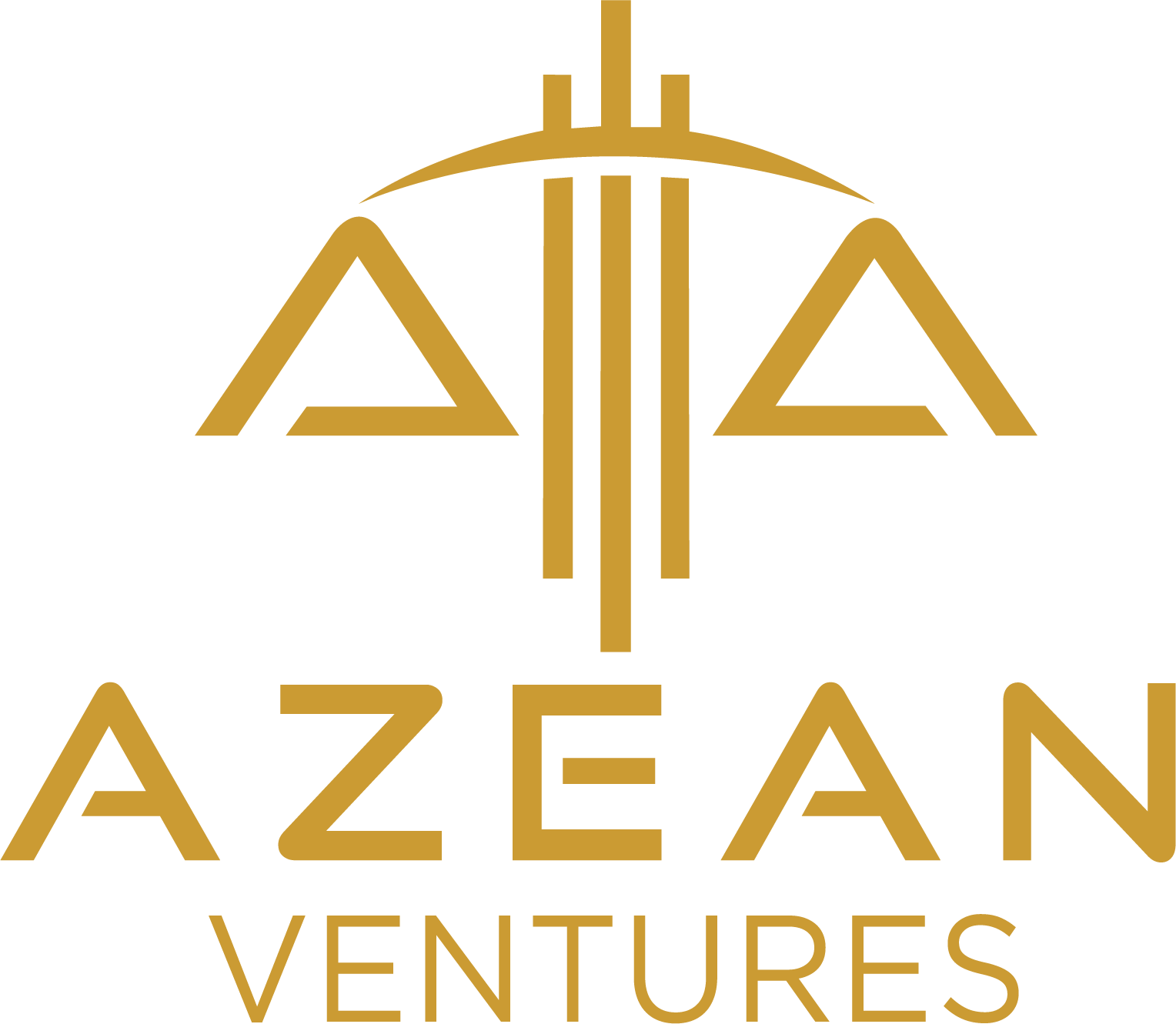
Malaysia has long been a strategic destination for business owners, professionals, and families looking to establish themselves in Southeast Asia. Its growing economy, modern infrastructure, multicultural society, and strong regional connectivity make it an attractive base for both work and long-term residence.
If you’re considering Malaysia as a place to live and do business, there are several visa and permit options available. Each comes with its own criteria, benefits, and target audience. Below is a clear guide to the main pathways to residency and work permits in Malaysia — excluding the schemes under the Labuan offshore financial authority.
1. Employment Pass (EP)
Best for: Foreign professionals, managers, and business owners who need to live and work in Malaysia.
The Employment Pass is the most common pathway for foreign nationals to work and reside in Malaysia. It is usually tied to employment with a Malaysian-incorporated company, although business owners who set up their own Malaysian company can also use this route to sponsor their own pass.
Categories of EP:
-
Category I: For key managerial or technical roles. Requires a minimum monthly salary of RM10,000. Valid for up to 5 years.
-
Category II: For mid-level management or highly skilled professionals. Requires a salary of RM5,000–RM9,999. Valid up to 2 years.
-
Category III: For lower-skilled positions, with salaries between RM3,000–RM4,999. Valid up to 1 year and renewable up to 2 times.
Dependents: EP holders can bring in spouses, children under 21, and parents under Dependent Passes.
2. Residence Pass – Talent (RP-T)
Best for: Highly skilled professionals already established in Malaysia.
The RP-T is a special 10-year pass designed to retain top foreign talent. Unlike the Employment Pass, it is not tied to a specific employer, giving holders freedom to move between companies.
Eligibility criteria include:
-
At least 3 years of work experience in Malaysia on a valid Employment Pass.
-
Minimum annual salary of RM180,000.
-
Recognized professional achievements and skills.
Benefits:
-
Spouse and children under 18 can be included.
-
Greater job flexibility — no need to reapply when changing employers.
-
Renewable after 10 years if conditions are met.
3. Professional Visit Pass (PVP)
Best for: Short-term foreign experts providing services in Malaysia.
The PVP is designed for foreigners entering Malaysia to provide professional services or undergo training for a limited period.
Key features:
-
Typically valid for up to 12 months.
-
Requires a sponsor in Malaysia (e.g., a company or institution).
-
Commonly used by consultants, researchers, trainers, and technical specialists.
This is not a long-term residency option, but it’s an important stepping stone for professionals with short-term assignments.
4. Dependent Pass & Long-Term Social Visit Pass (LTSVP)
Best for: Family members of foreign residents or spouses of Malaysians.
Malaysia recognizes the importance of family unity and allows foreign residents to bring their families.
-
Dependent Pass: Available to spouses, children under 21, and parents of Employment Pass or RP-T holders. Dependents can study in Malaysia, but a separate work endorsement is needed for employment.
-
LTSVP: Issued to foreign spouses of Malaysian citizens, usually in 1–3 year increments, renewable. After 5 years of marriage (with children), holders may apply for Permanent Residency.
5. Malaysia My Second Home (MM2H)
Best for: Affluent retirees, entrepreneurs, and globally mobile families.
The MM2H programme is a long-term social visit visa, allowing foreigners to reside in Malaysia on a renewable basis. While primarily marketed as a lifestyle programme, many business people use it as a base for regional operations.
Current Peninsular Malaysia criteria (2022 revision):
-
Minimum liquid assets of RM1.5 million.
-
Offshore monthly income of RM40,000.
-
Fixed deposit of RM1 million in a Malaysian bank (partial withdrawal allowed after 1 year for approved expenses).
-
Renewable every 5 years.
Benefits:
-
Spouse and unmarried children under 21 can be included.
-
Ability to own property and invest in businesses.
-
Multiple-entry privileges and long-term stay security.
Note: Sabah and Sarawak operate their own MM2H programmes with more flexible terms.
6. Malaysia Premium Visa Programme (PVIP)
Best for: Ultra-high-net-worth individuals seeking long-term residency with maximum flexibility.
Launched in 2022, the PVIP is essentially a “golden visa” that offers a 20-year renewable residency. Unlike MM2H, it explicitly allows work, business ownership, and investment.
Criteria:
-
Offshore income of at least RM40,000 per month.
-
Fixed deposit of RM1 million in a Malaysian bank (must be maintained, but interest can be used).
-
One-time participation fee: RM200,000 for the principal applicant, RM100,000 per dependent.
Benefits:
-
Residency for 20 years, renewable.
-
Freedom to work, invest, and own businesses.
-
Dependent passes for spouse, children under 21, and parents.
7. Permanent Residency (PR)
Best for: Long-term residents who want security of stay without full citizenship.
PR status in Malaysia is difficult to obtain but highly valuable. It is typically granted to individuals who have lived in Malaysia for many years and made significant contributions.
Eligibility routes include:
-
Spouse of a Malaysian citizen, married for at least 10 years (with children).
-
Highly skilled or talented individual recommended by a Malaysian authority.
-
High-net-worth investor with substantial financial commitments in Malaysia.
-
Long-term resident (living continuously in Malaysia for 5+ years under a valid pass).
PR does not include voting rights but otherwise grants rights close to citizenship, including freedom of work and business.
Choosing the Right Path
The right pathway to Malaysian residency or work permits depends on your circumstances:
-
Entrepreneurs & SMEs: Employment Pass (through your own company) or Business Residency structures.
-
Highly skilled professionals: Residence Pass–Talent.
-
Affluent families or retirees: MM2H or PVIP.
-
Short-term experts: Professional Visit Pass.
-
Families: Dependant Pass or LTSVP.
-
Long-term commitment: Permanent Residency.
Malaysia Residency & Work Permit Pathways.
| Scheme | Validity | Key Eligibility Criteria | Dependents Allowed | Main Benefits | Best For |
|---|---|---|---|---|---|
| Employment Pass (EP) | 1–5 years (renewable) | Employment with Malaysian company; minimum salary RM3,000+ (category dependent) | Spouse, children <21, parents | Live & work in Malaysia; renewable; multiple categories (managerial, professional, skilled) | Professionals with a Malaysian job offer |
| Residence Pass – Talent (RP-T) | 10 years (renewable) | 3+ years in Malaysia on EP; salary ≥ RM180,000 p.a.; recognized expertise | Spouse, children <18 | Not tied to employer; job flexibility; long-term stability | Senior professionals & experts already in Malaysia |
| Malaysia My Second Home (MM2H) | 5 years (renewable) | Liquid assets ≥ RM1.5m; offshore income ≥ RM40k/month; FD RM1m in Malaysia | Spouse, children <21 | Long-term residency; property ownership; lifestyle visa | Wealthy retirees, global nomads, lifestyle movers |
| Premium Visa Programme (PVIP) | 20 years (renewable) | Offshore income ≥ RM40k/month; FD RM1m; participation fee (RM200k main / RM100k dependents) | Spouse, children <21, parents | Freedom to work, invest, own businesses; very long validity | High-net-worth families & investors seeking ultra-long-term stay |
| Professional Visit Pass (PVP) | Up to 12 months | Foreign experts on short assignments; local sponsor required | Not typically | Short-term professional entry; training & consulting assignments | Consultants, trainers, technical specialists |
| Dependant Pass | Matches sponsor’s pass | Family of EP/RP-T holders | Spouse, children <21, parents | Residence for family; children can study; work requires endorsement | Families of expatriates in Malaysia |
| Long-Term Social Visit Pass (LTSVP) | 1–3 years (renewable) | Foreign spouse of Malaysian; proof of genuine marriage | Spouse, children | Pathway to PR; family stability | Foreign spouses of Malaysians |
| Permanent Residency (PR) | Indefinite | High-net-worth investors; highly skilled individuals; long-term residents; spouses (10+ yrs marriage) | N/A (covers main applicant) | Indefinite stay; freedom to work & invest; near-citizenship benefits | Long-term settlers, investors, skilled professionals |
Summary
Malaysia offers a range of options for business people, professionals, and families who wish to live and work in the country. From short-term work permits to 20-year premium residency, the system provides flexibility for different needs and budgets.
By understanding the available pathways — and aligning your goals with the right scheme — you can build a compliant, sustainable presence in Malaysia that benefits both your business and your family’s lifestyle.
